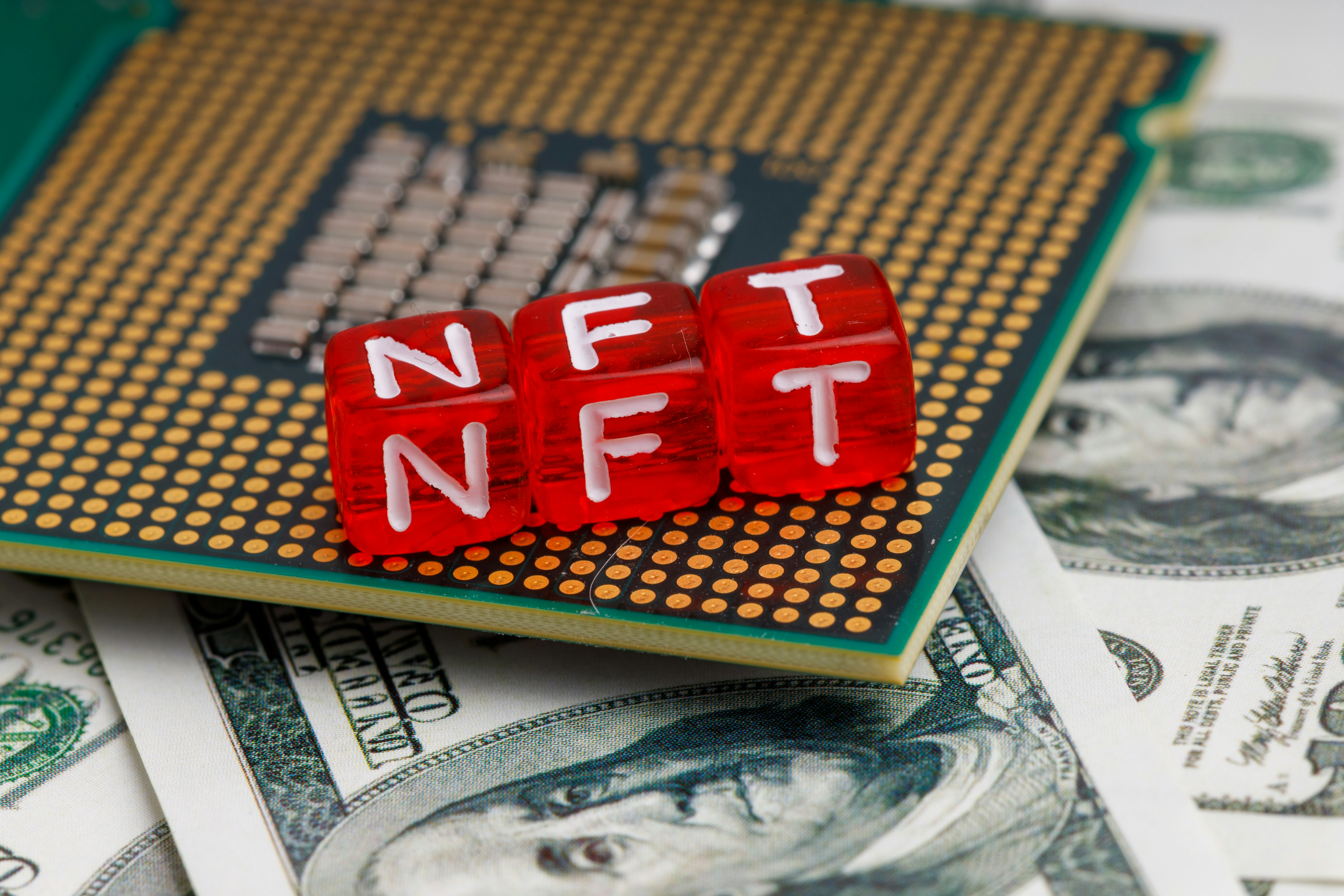WEB3
|
7 min read
|
Jan 17, 2025
5 Ways Quantum Technology Is Transforming Blockchain Security
Learn how quantum technology is reshaping blockchain security. Discover quantum-resistant algorithms, QKD, and solutions for a safer blockchain future.
Quick links
Introduction
Quantum technology is advancing rapidly, and while it offers exciting possibilities, it’s also challenging the foundations of blockchain security. Blockchain, celebrated for its cryptographic integrity, could become vulnerable as quantum computing grows more powerful.
In this guide, we’ll explore how quantum technology affects blockchain, and what can be done to prepare for it.
What is Quantum Technology?
Let’s start with the basics.
Quantum technology is a revolutionary computing approach. Unlike traditional computers that use bits (0s and 1s), quantum computers use qubits, which can exist as 0, 1, or both simultaneously. This allows them to solve complex problems exponentially faster than classical computers, especially in fields like cryptography.
Why Blockchain Security Needs Quantum Technology
Blockchain relies on encryption to secure transactions and data. However, quantum computers can break today’s encryption methods, such as RSA and ECC (Elliptic Curve Cryptography), leaving blockchain networks open to attacks. As quantum technology advances, blockchain must evolve too.

The Intersection of Quantum Technology and Blockchain
How Quantum Computing Impacts Blockchain
Quantum computing’s main advantage lies in its ability to process huge amounts of data much faster than classical computers. Quantum computing threatens blockchain security in several ways:
Breaking Encryption: Algorithms like RSA and Elliptic Curve Cryptography (ECC), which secure blockchain transactions, are vulnerable to quantum attacks. Quantum computers running Shor’s algorithm could crack these encryptions rapidly.
Private Key Vulnerability: Blockchain relies on private keys for authentication. Quantum computers could brute-force these keys, compromising entire networks.
Transaction Integrity and Smart Contracts: Attackers could reverse or alter blockchain transactions or exploit vulnerabilities in smart contracts.

How Quantum Technology Improves Blockchain Security
Quantum technology might sound like a threat, but it also provides solutions to strengthen blockchain security. Here's how:
Quantum Resistant Algorithms: Quantum resistant algorithms, or post-quantum cryptography, is designed to resist quantum computing attacks. These algorithms are based on mathematical problems that quantum computers struggle to solve.
Key Quantum Resistant Methods
Lattice-Based Cryptography: A promising approach relying on complex mathematical structures, which is already being tested for blockchain applications.
Quantum Key Distribution (QKD): Uses quantum mechanics to securely share encryption keys. Any attempt to intercept the key alerts users, ensuring security. Integrating QKD into blockchain networks could make transactions nearly unhackable.
Hybrid Cryptographic Systems: Combines classical and quantum-resistant encryption for gradual adoption.
Quantum Technology in Real-World Blockchain Applications
Quantum technology is already influencing blockchain in key areas:
Cryptocurrency Security: Quantum-safe wallets and post-quantum digital signatures are being developed to protect assets like Bitcoin and Ethereum.
Protecting Smart Contracts: Integrating quantum-resistant encryption ensures decentralized applications (dApps) remain secure.
Supply Chain Integrity: Blockchain-powered supply chains are using quantum-safe cryptography to secure data against tampering.
Government Initiatives: Governments are funding quantum-secure blockchain projects to protect critical national systems.
Challenges of Integrating Quantum Technology with Blockchain
Compatibility Issues: Existing blockchain networks must integrate quantum-resistant algorithms, which can be complex.
Future innovations: Quantum advancements are happening fast. Developers must act quickly to implement quantum-safe solutions before these systems become vulnerable. Organizations like NIST (National Institute of Standards and Technology) are setting global standards for post-quantum cryptography to guide this transition.
Cost and Resource Requirements: Upgrading infrastructure for quantum resilience demands significant investment.
How to Prepare for a Quantum-Safe Blockchain Future
Upgrade Blockchain Infrastructure: Update smart contract codes, consensus mechanisms, and network protocols.
Adopt Hybrid Cryptographic Systems: Transition gradually to quantum-resistant encryption.
Focus on Crypto Agility: Ensure systems can quickly adapt to new cryptographic standards.
For deeper technology research.

Conclusion
Quantum technology is both a challenge and an opportunity for blockchain security. As quantum computing evolves, so must blockchain systems to stay secure. The future lies in embracing quantum-resistant algorithms, innovative solutions like QKD, and staying ahead of emerging threats. The question is no longer if blockchain will adapt—but how quickly.
Contact Metro Labs Agency today and let’s build something incredible together.
Join Our Newsletter
Subscribe to our newsletter and get exclusive insights directly to your inbox
You’ll receive up to 4 emails per month. No spam, we hate it too.
Related Articles
MARKETING
SEO vs. PPC in Web3 Marketing: Which Strategy Works for Your Project?
Jan 20, 2025
WEB3
The Future of Game Development with Blockchain Technology
Jan 18, 2025
WEB3
5 Ways Quantum Technology Is Transforming Blockchain Security
Jan 17, 2025
GUIDES
A Comprehensive DeFAI Guide to Simplified Abstraction Layers
Jan 17, 2025
WEB3
Simple Ways Agentic AI Can Enhance Your Dapp Experience
Jan 16, 2025
WEB3
Exploring the Impact of DePIN on Blockchain Technology
Jan 8, 2025
MARKETING
7 Effective SEM Strategies to Make Your Web3 Project Stand Out Today
Jan 8, 2025
GUIDES
A Complete Guide to the Right Web3 Content Marketing Tools
Jan 4, 2025
GUIDES
What is NFT Marketing? A Simple Guide for New Creators
Jan 4, 2025









